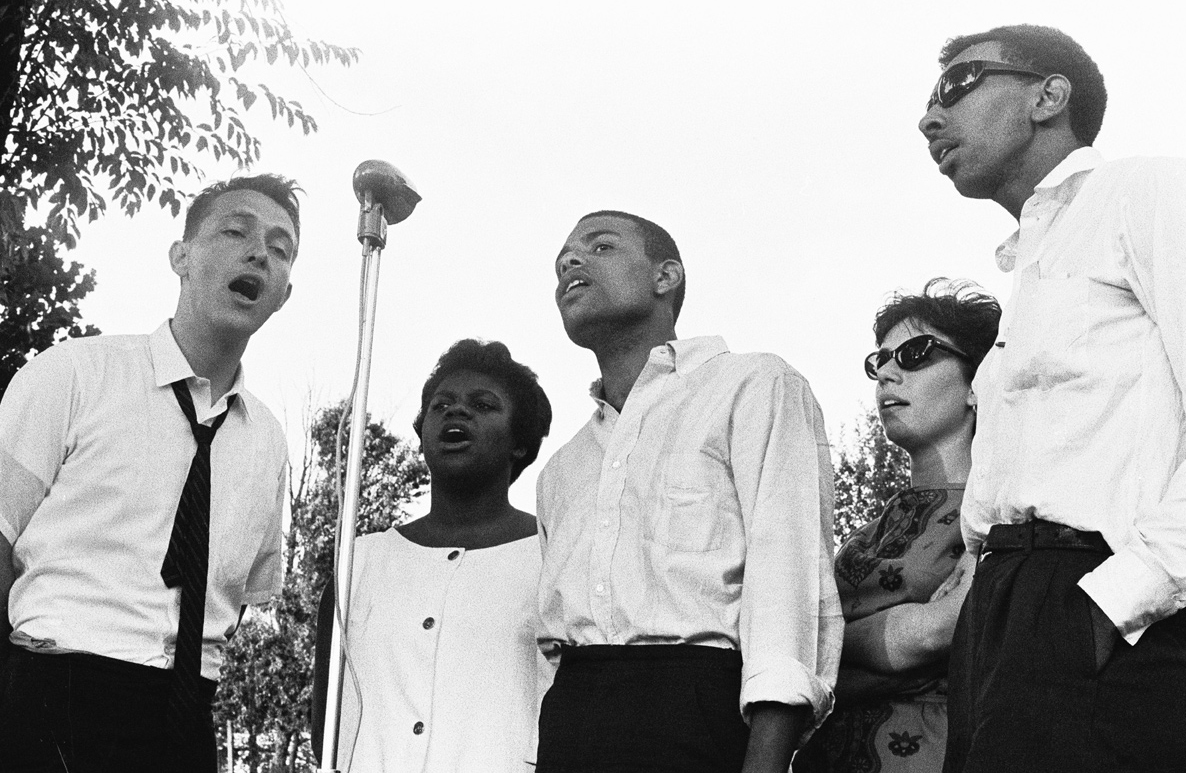Bob Zellner is a name that resonates with the history of civil rights activism in the United States. Born on November 5, 1939, in Alabama, Zellner grew up amid racial segregation and inequality. His upbringing in the South, coupled with his family’s deep-rooted commitment to social justice, laid the foundation for his lifelong dedication to the civil rights movement. Zellner’s journey as a civil rights activist began during his college years at Huntingdon College in Montgomery, Alabama. Inspired by the teachings of his sociology professor, Dr. Thomas Dixon, and the powerful impact of the Montgomery Bus Boycott, Zellner became actively involved in the Student Nonviolent Coordinating Committee (SNCC). His involvement with SNCC marked the beginning of his enduring commitment to nonviolent resistance and social change.
Throughout the 1960s, Zellner played a pivotal role in various civil rights initiatives, including voter registration drives, peaceful protests, and community organizing efforts. His unwavering dedication to the cause often led to confrontations with law enforcement and white supremacist groups, but Zellner remained resolute in his pursuit of justice and equality. One of Zellner’s most notable contributions to the civil rights movement was his work as a field secretary for SNCC. In this role, he traveled extensively throughout the South, organizing grassroots campaigns and empowering local communities to challenge systemic racism and discrimination. His fearless leadership and strategic approach to activism earned him widespread respect and admiration within the movement.

Despite facing numerous threats to his safety, including arrests and violent attacks, Zellner continued to advocate for civil rights with unyielding courage. His experiences as a white activist working alongside African American colleagues provided valuable insights into the complexities of racial dynamics and solidarity within the movement. Zellner’s commitment to nonviolent resistance was exemplified during his participation in the historic March on Washington in 1963, where he stood alongside Dr. Martin Luther King Jr. and other prominent leaders to demand an end to racial segregation and discrimination. The impact of this monumental event reverberated across the nation and inspired a new wave of activism and social consciousness.
In addition to his grassroots efforts, Zellner played a crucial role in raising awareness about the plight of African Americans in the South through media interviews and public speaking engagements. His articulate advocacy and compelling storytelling helped shed light on the injustices faced by marginalized communities and galvanized public support for the civil rights movement. Following the passage of the Civil Rights Act of 1964, Zellner continued his activism by focusing on issues of economic inequality, educational equity, and political empowerment for African Americans. His unwavering dedication to advancing social justice extended beyond the 1960s and influenced subsequent generations of activists and advocates.
In recognition of his lifelong commitment to civil rights activism, Bob Zellner’s legacy continues to inspire individuals and organizations dedicated to challenging injustice and promoting equality. His remarkable journey serves as a testament to the power of resilience, solidarity, and unwavering determination in the pursuit of a more just and equitable society. As we reflect on the enduring impact of Bob Zellner’s contributions to the civil rights movement, we are reminded of the profound influence that individuals can have in shaping a more inclusive and compassionate world. His story serves as a beacon of hope and a reminder that the fight for justice is ongoing, requiring steadfast resolve and collective action.
In honoring Bob Zellner’s legacy, we reaffirm our commitment to upholding the principles of equality, dignity, and human rights for all. His remarkable journey stands as a testament to the transformative power of activism and serves as an enduring source of inspiration for generations to come.

